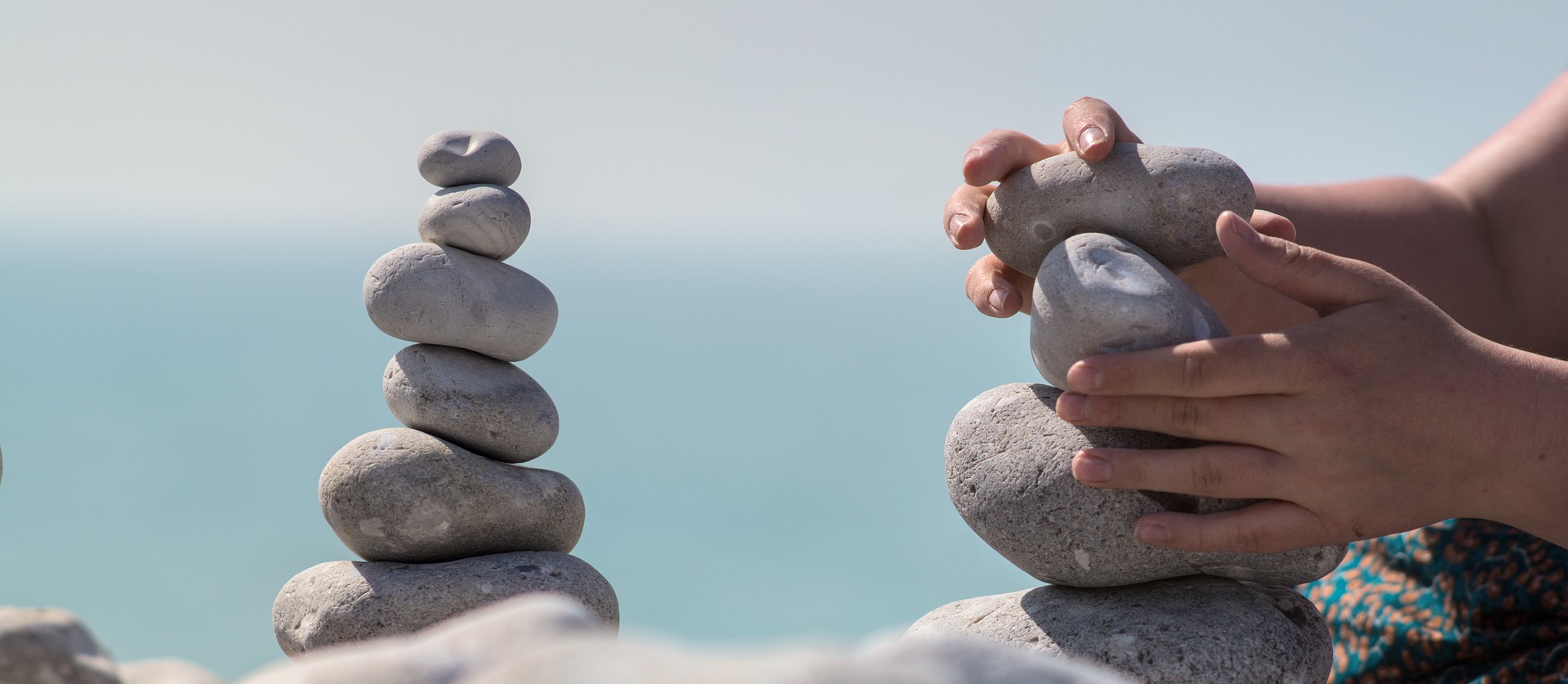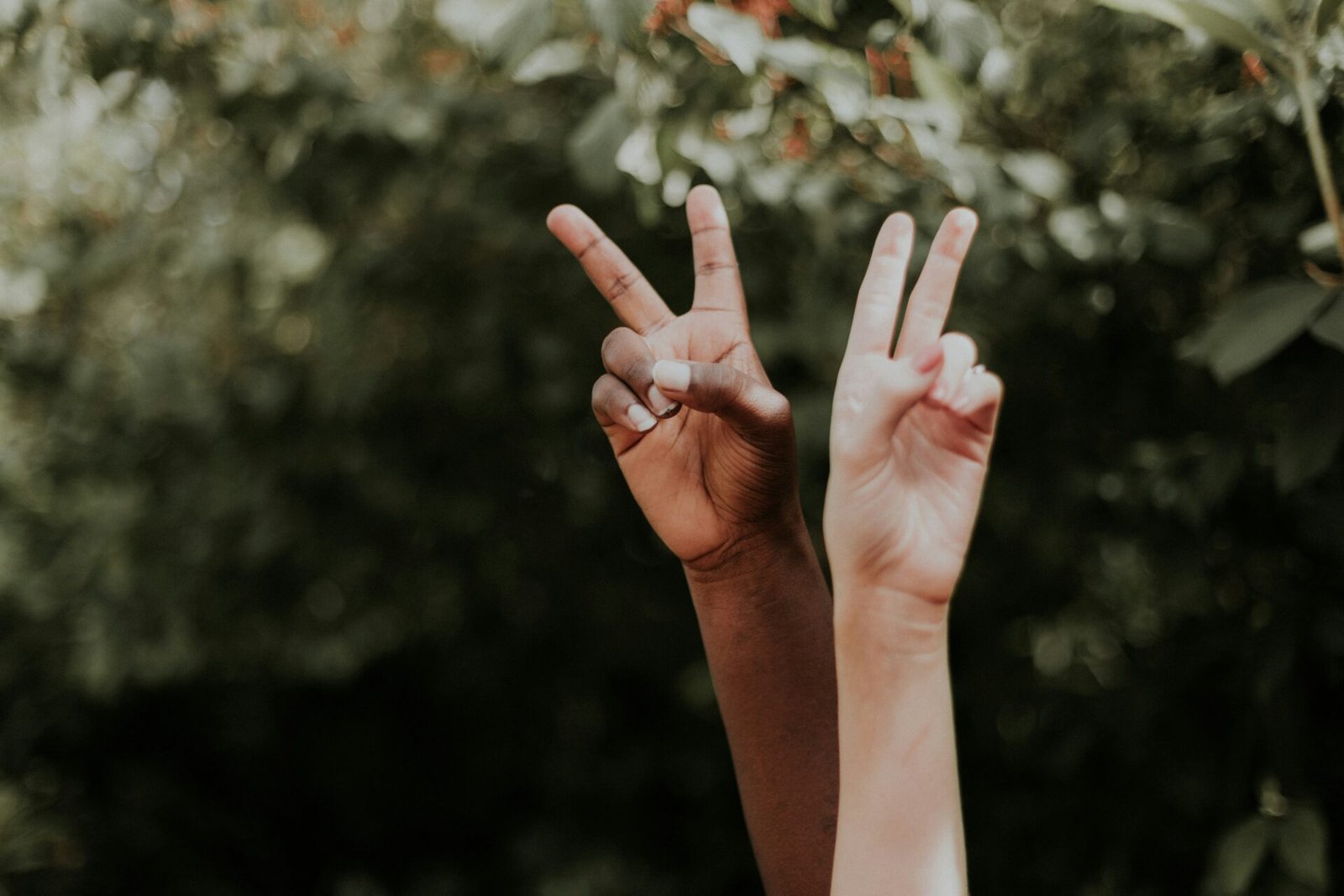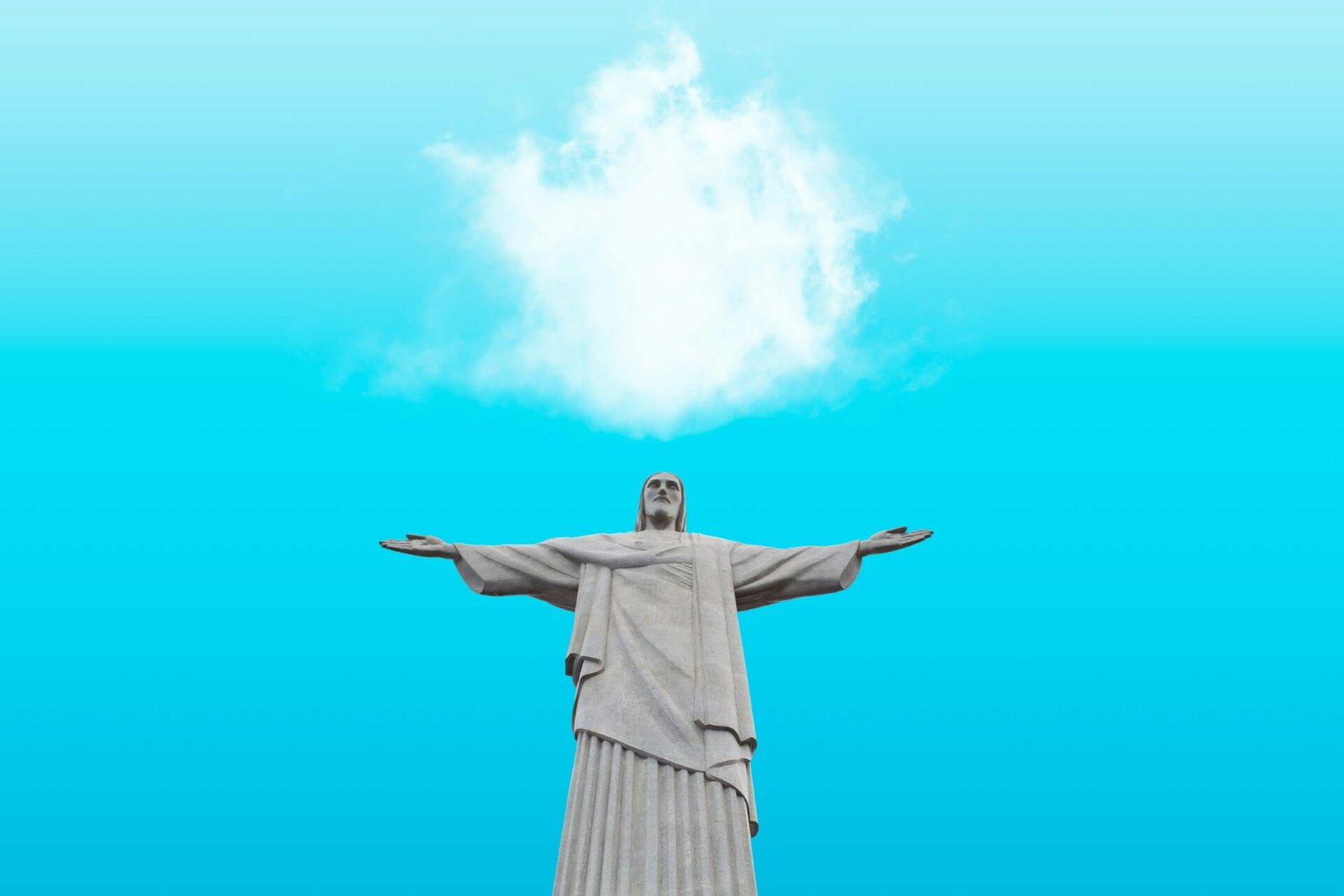Last month, I did an experiment dedicated to my 34th birthday: I observed what principles and observations I rely on, what are my main lived-through revelations that I constantly return to in my mind. After filtering the variations and systematizing them, I got the following result. So, my main principles to live by.
Trust and communication

Any relationship is built on trust and communication. There is nothing obvious and self-evident, everything should be researched as much as possible (do your research) within the limits of personal responsibility and discussed as much as possible with co-participants in the process. It is best in writing, with witnesses and a mediator)
Because here is the paradox: you can’t trust anyone (not even yourself, because we are changeable), but everything is built on trust – marital relationship, school, work, hairdresser, dental clinic, repairs, taxi. And even when everything is researched and discussed, let’s not be fascinated: people make mistakes, and this is part of the process. We are not responsible for others, but we are responsible for ourselves. And in fact, no one knows what’s in our heads.
Everyone has their own good and evil, right and wrong. The world is ruled by w̶i̶s̶d̶o̶m̶ cunning. It’s important to play this game in such a way that you come out of it with a clean heart. And it is not easy.
Instability
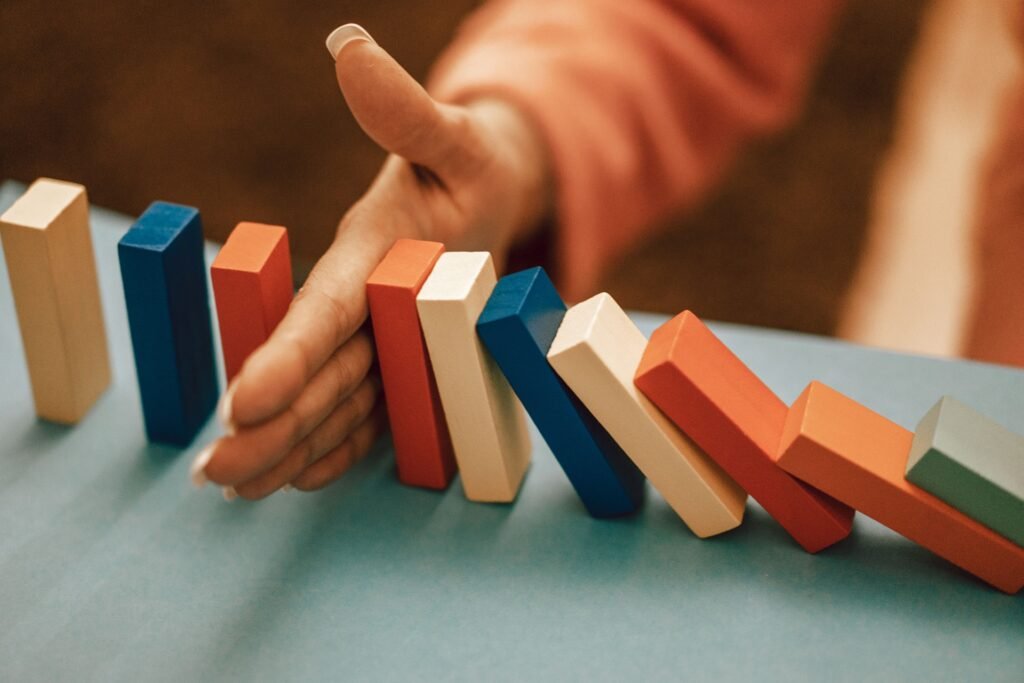
Everything flows and nothing abides
…as Heraclitus said. And no one could have said it better. Therefore, it will not be possible to decide, define, plan something once and for all. Everything needs regular review: priorities, to-do list, menu, budget, physical activity, things we do, rules, laws. Any system sooner or later fails, because the river cannot be systematized and grinds the stone. People, opinions, the world, everything is constantly changing, so there are no magic pills, but progress is happening. That’s why traveling is so cool. Changes create us, and freedom is precisely that – it’s in variability and acceptance of certain limitations.
The most stable in this river should be self-control, flexibility and trust in the inner voice. These are the only supports, main principles to live by.
Control
The art of living is the art of controlling what you can and letting go of what you can’t. Language, body, thoughts, emotions – it is necessary and possible to learn to manage all of those. It’s worth distinguishing between things that you can influence and those that you cannot.
Planning is great, but plans are often broken due to circumstances beyond our control. The question that most bring out of psychotherapy as a tool – what is it about for me? Stop and think about how you can use the new circumstances. They are not enemies, but guideposts.
Bought a cabinet – put something there, put it – wipe the dust off it, pay for it with your own time and space. The less you take on, the easier it is to control.
Frames
Violence (including against oneself) is unproductive and the most it can do is generate new violence, but it should not be confused with frames, these are useful. Restrictions make it possible to focus in the midst of chaos and actually put things in order, review this order, rearrange things in places while experimenting. The frames allow you not to leave the shores.
Dramas
There is nothing to deny: we are children of drama. Few people managed to grow up in peaceful conditions, outside of all kinds of survival, anxieties, whatwillpeoplesay and benormal. Such were the times. Today, younger generations of Ukrainians feel more comfortable with being themselves, having emotions and their own perspective on things, while learning to be a part of the world and not run away from it. And our generation has to tirelessly learn to stop the flow of drama in the blood, not to twitch reflexively at the slightest disturbance in the environment, to observe.
And we can give our children an environment where their self will be respected.
Two questions that I learn to constantly ask myself as part of the struggle with internal drama (it helps a lot in parenting):
- so what – helps stop the flow of emotions and name things: yes, this thing broke and it’s sad, but it can be survived and gives us a chance to get rid of excess or buy something new;
- why not – there can be many reasonable explanations as to why, and it’s a wonderful reminder of boundaries, but it’s more about the absence of boundaries where there is no need for them; as practice shows, many of our “no’s” banally worry about comfortable inertia and do not contribute to development.
Life is movement
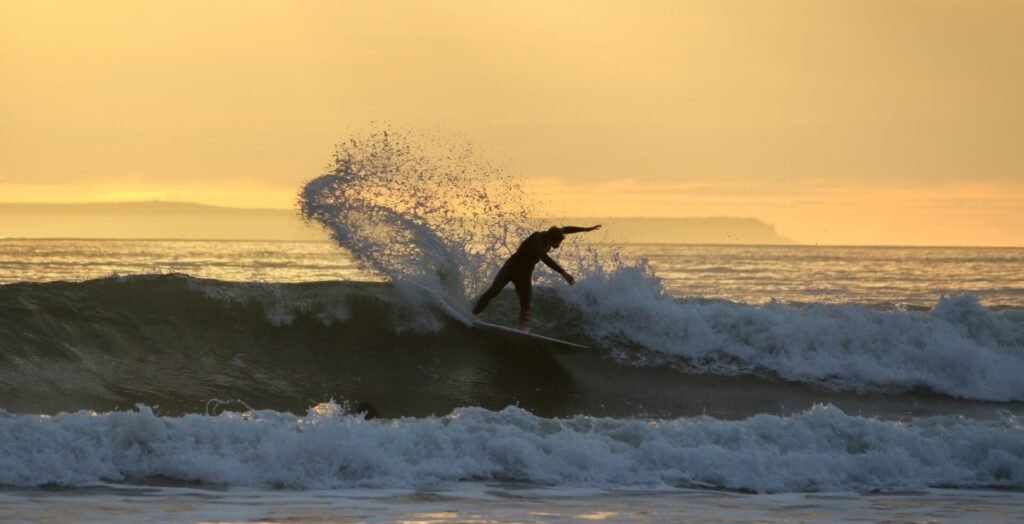
A small step
My body reacts acutely to anxiety with a physically tangible “stone in the chest”. After all the tried and tested things, one thing helps: find out the source of the anxiety and take one small but practical step towards solving the problem. The same with the lack of strength – “lie in the direction of the dream.”
Better to do than not to do
For this reason, for example, this site exists. In the period of critical lack of time for it, I… update the design. Why am I doing it, who needs it, I think. For me, for my inspiration – I understand after finishing and seeing the result. Because now this is the way to move, and tomorrow the way will be different.
In moments when it’s difficult to do, we do the minimum. In moments when it’s scary to do – we do and see that it was a learning process. So theory without practice is dead.
Flow
In his book “Flow”, Mihai Csikszentmihalyi describes the pattern of human development: a person finds an exciting activity, immerses him- or herself in it (flow state), eventually acquires a certain level of mastery and slips into boredom or anxiety until he or she finds a new challenge. Then the person again plunges into the state of flow.
Conclusions
That kind of main principles to live by. At 30+, I stand on my own two feet.
P.S. Read about little happiness concepts from all over the world.
